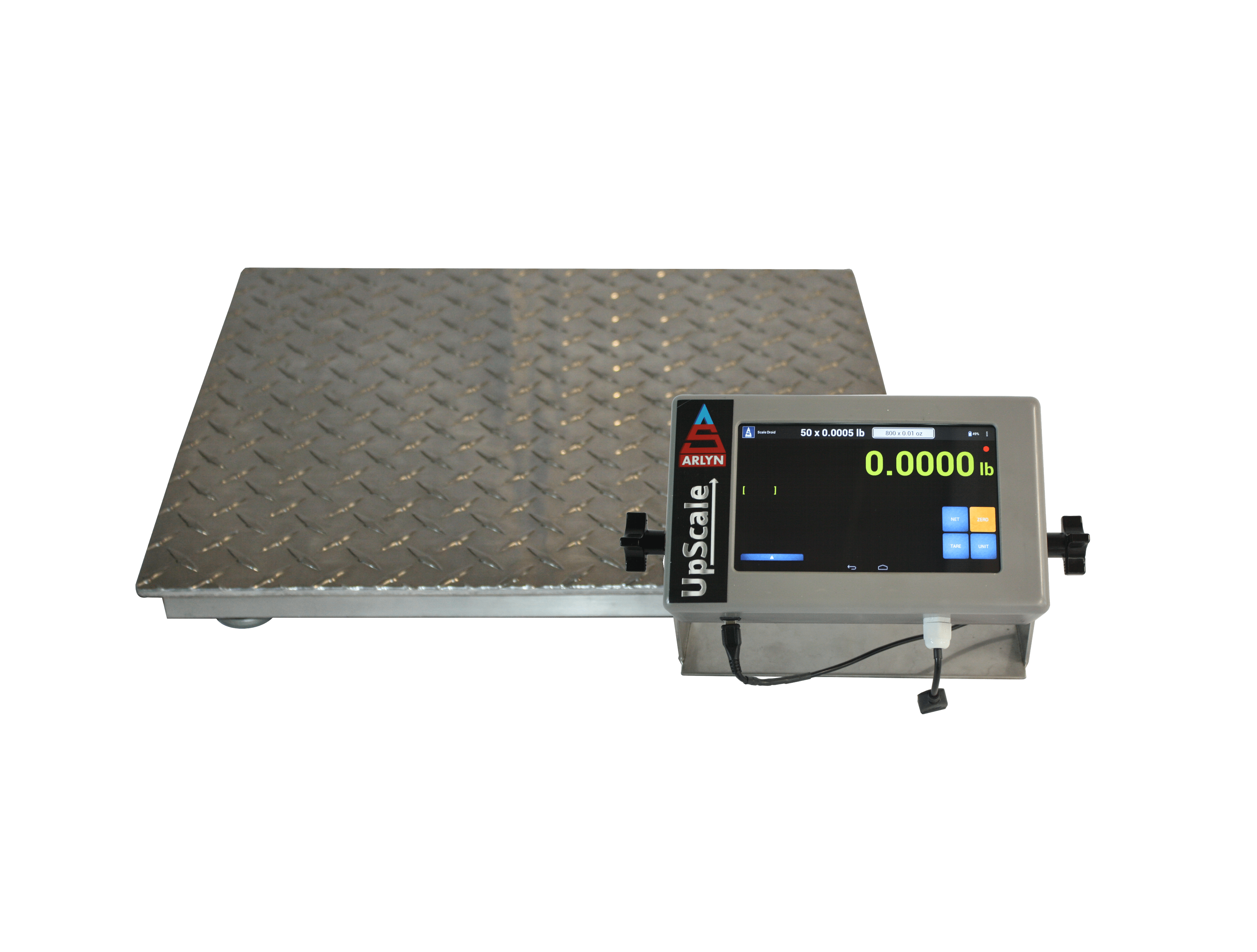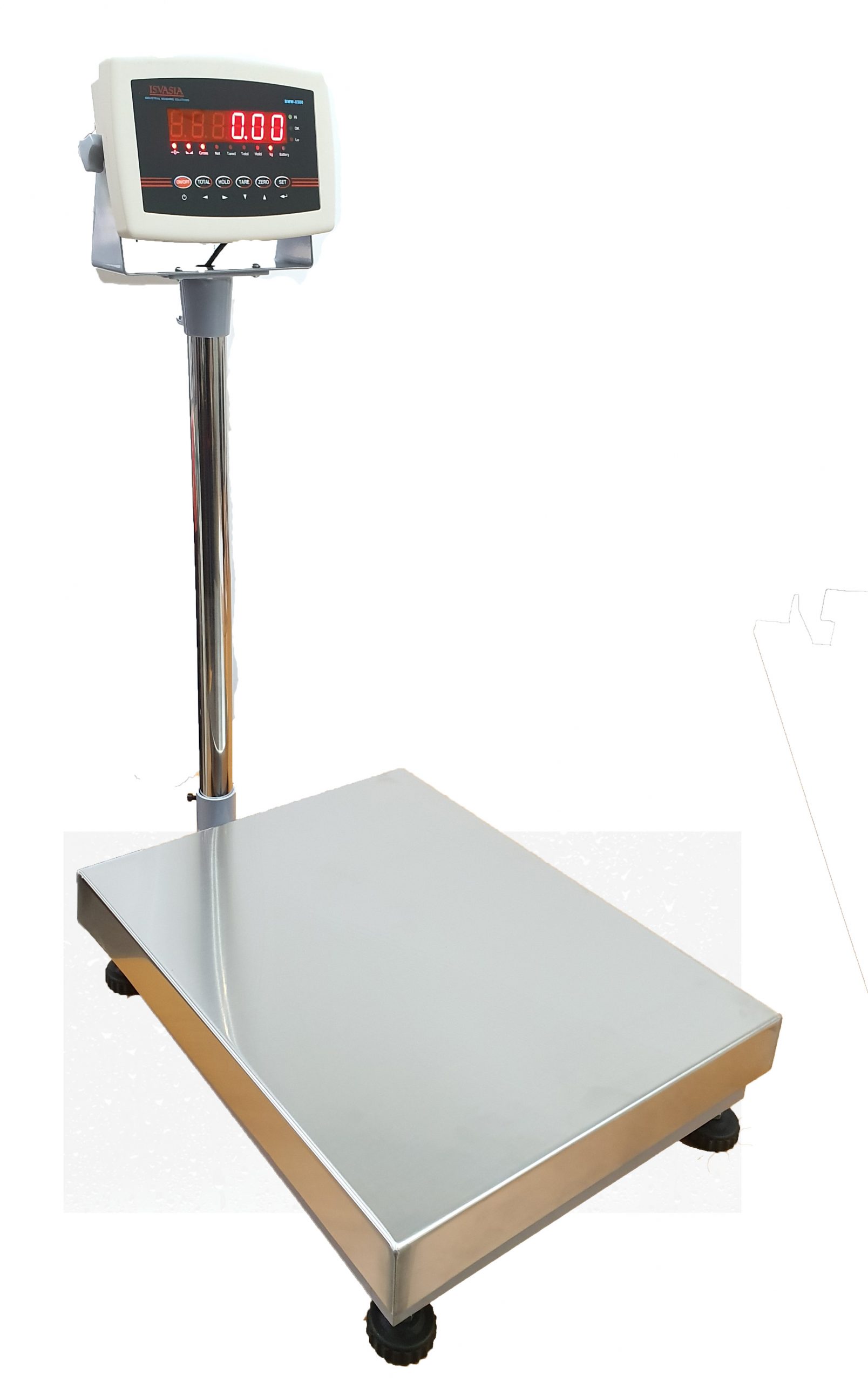Simple And Easy Heavy-Weight Dimension with Modern Industrial Scales
Simple And Easy Heavy-Weight Dimension with Modern Industrial Scales
Blog Article
Just How Industrial Scales Improve Accuracy in Manufacturing and Logistics
Industrial scales are essential to the precision called for in manufacturing and logistics, as they directly influence the accuracy of weight dimensions crucial for effective production and supply methods. Industrial Scales. By making certain that materials are considered properly, organizations can minimize errors that might cause substantial monetary repercussions. The advent of advanced modern technologies in considering systems is changing typical procedures. However, understanding the complete degree of these advancements and their implications for future procedures welcomes a better assessment of how advancing methods can redefine accuracy standards in the sector.
Relevance of Accuracy in Procedures
In the world of production and logistics, accuracy is the foundation of operational efficiency. Precise measurements are essential for keeping quality assurance, maximizing source appropriation, and making sure conformity with market standards. When operations depend on accurate information, services can minimize waste, boost manufacturing timelines, and enhance general productivity.
The importance of accuracy prolongs past straightforward dimension; it also influences decision-making processes. As an example, specific weight analyses can identify ideal inventory levels, simplify supply chain logistics, and facilitate precise invoicing. Furthermore, inaccuracies in dimensions can cause costly mistakes, such as overproduction or ignoring product demands, which can endanger task timelines and profitability.
By carrying out strenuous measurement criteria, organizations can identify inefficiencies and establish renovations, eventually leading to improved client fulfillment. Thus, spending in accuracy measurement tools, such as industrial ranges, is not merely a technical consideration yet a calculated critical for success in the manufacturing and logistics markets.
Types of Industrial Scales
Various sorts of industrial ranges play an important duty in attaining the accuracy needed for reliable production and logistics operations. Each type is created to satisfy specific demands, ensuring accurate measurement of elements, items, and materials.
One typical type is the platform range, which supplies a level surface area for evaluating bulk products or huge things. These scales are frequently utilized in stockrooms and shipping centers. Another type is the bench range, typically smaller sized and utilized for evaluating individual packages or smaller sized sets of items. These ranges are necessary in high quality control procedures. Industrial Scales.
For applications where accuracy is important, analytical equilibriums are utilized. These high-accuracy ranges are made use of in research laboratories and research settings to determine small amounts with utmost precision. Flooring ranges, designed for heavy-duty evaluating, are optimal for weighing big pallets or containers, typically incorporated with forklifts for performance.
In enhancement, tons cells are utilized in various applications for real-time weight dimension and data collection. Each of these scales adds distinctively to the operational efficiency, ensuring that companies can maintain accuracy throughout their production and logistics processes. Understanding the kinds of commercial ranges is crucial for optimizing performance and accomplishing operational excellence.

Effect on Supply Management
Accurate weighing is important for reliable supply monitoring, as it directly influences supply precision and functional effectiveness. In production and logistics, exact measurement of materials and items ensures that inventory records show real stock degrees, reducing discrepancies that can cause overstocking or stockouts. Industrial scales supply the needed accuracy to weigh things properly, enabling companies to keep a trustworthy inventory system.
Additionally, exact considering contributes to much better projecting and preparation. With exact information on inventory levels, organizations can make informed choices regarding purchase and manufacturing timetables. This decreases the threat of excess supply, which can bind funding and increase storage space prices, along with protect against shortages that might interfere with operations.
Furthermore, the integration of commercial ranges with stock management systems helps with real-time tracking of supply activities. This streamlines the process of upgrading supply documents, boosting transparency and accountability throughout the supply chain. Inevitably, precise considering not just supports effective stock monitoring yet likewise drives total functional performance, allowing businesses to react swiftly to market needs and keep an one-upmanship in their corresponding markets.
Enhancing Quality Assurance
Reliable supply management not just guarantees optimal supply levels yet likewise lays the foundation for durable quality control processes. Industrial scales play a pivotal role in enhancing quality control by giving precise weight dimensions that are crucial for keeping item integrity. Consistent weight verification allows producers to abide by specifications, making sure that each thing meets the needed quality requirements.
In high-stakes atmospheres, such as food manufacturing or pharmaceuticals, even small weight inconsistencies can bring about official website considerable conformity problems. By incorporating commercial ranges into the assembly line, companies can check product weights in real time, permitting for immediate rehabilitative activities if irregularities are discovered. This proactive method decreases waste and enhances general item dependability.
Furthermore, precise evaluating helps with better formulation of basic materials, which is crucial in sectors like chemicals and cosmetics. By making sure that component proportions stay regular, makers can achieve superior product high quality, improving consumer contentment and reducing returns.
Future Fads in Considering Technology
The future of evaluating innovation is positioned for substantial developments driven by automation, webpage connection, and information analytics. As markets develop, the assimilation of advanced sensing units and IoT (Web of Things) abilities will make it possible for real-time tracking and reporting of weight information. This connection will certainly not only improve operational efficiency yet additionally facilitate anticipating maintenance, lowering downtime and improving performance.
Furthermore, the consolidation of expert system and machine learning formulas into weighing systems will certainly improve data analysis abilities. These technologies can identify patterns and abnormalities, enabling even more educated decision-making and optimized supply chain management. Additionally, the rise of cloud-based options will allow seamless information sharing throughout platforms, ensuring that stakeholders have accessibility to current info whatsoever times.
Sustainability will additionally play a critical function in future weighing innovation. As organizations aim to minimize their carbon impact, evaluating systems that integrate energy-efficient styles and materials will end up being increasingly vital. In addition, innovations in digital weighing ranges will support better source administration by supplying specific measurements that decrease waste.
Verdict
To conclude, commercial scales dramatically boost accuracy in manufacturing and logistics by offering specific weight measurements crucial for efficient operations. Their function in supply administration, quality control, and integration with sophisticated innovations underscores their relevance in optimizing and minimizing disparities source allocation. As markets remain to evolve, the fostering of innovative evaluating options will certainly further support operational effectiveness and minimize waste, ultimately adding to enhanced efficiency and competitiveness on the market.
One typical kind is the platform range, which supplies a level surface area for considering bulk products or large items. An additional type is the bench range, generally smaller sized and utilized for weighing individual packages or smaller sets of items. Flooring ranges, developed for heavy-duty considering, are perfect for evaluating big pallets or containers, commonly integrated these details with forklifts for efficiency.
Industrial scales offer the needed precision to evaluate things accurately, allowing companies to keep a trusted stock system.

Report this page